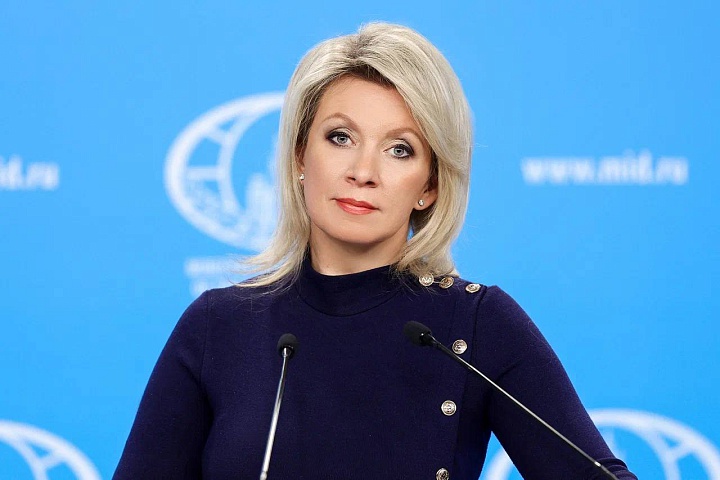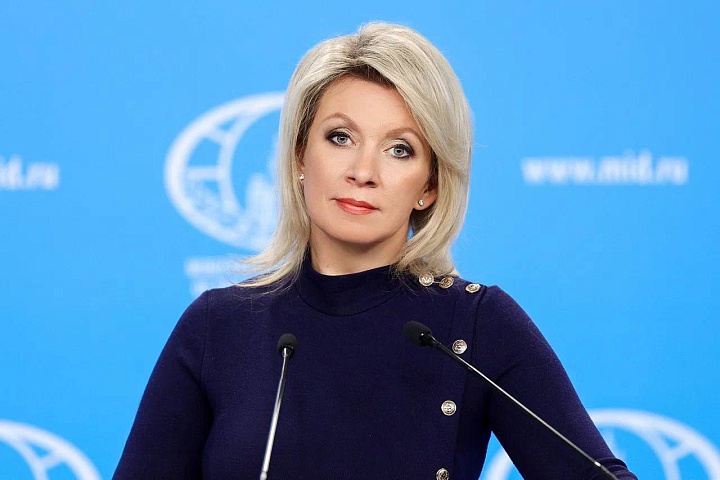

French President Emmanuel Macron is now dealing with yet another significant political challenge following the unexpected resignation of his Prime Minister Sebastien Lecornu — who served only 27 days in the role.
The former minister of defense and long-time supporter stepped down on Monday without even outlining the new government’s proposals, stating he was incapable of leading the center-right minority government since conversations with opposing parties indicated their reluctance to compromise on their various budgetary and policy expectations.
“Each political party acts as though they possess their own majority in parliament,” Lecornu remarked, mentioning that the “conditions were not met” for him to remain in his role, as reported by France 24.
The predicament in which France finds itself is predominantly due to Macron’s actions, with the president boldly disbanding parliament last year to bring “clarity” to France’s fragmented National Assembly.
The convoluted elections that ensued yielded anything but, as both the right and left secured victories in successive voting rounds, leading to an ongoing power struggle and political gridlock. Macron, unwilling to relinquish control to either faction, appointed loyal partners to lead minority governments, but these administrations have been susceptible to no-confidence votes from opposition parties.
Lecornu’s brief administration marks the third failure following the unfortunate tenures of Michel Barnier and Francois Bayrou. A commonality among these governments is their struggle to reach consensus with other political factions regarding the national budget, particularly concerning necessary spending cuts and tax increases aimed at curbing France’s budget deficit of 5.8% of its gross domestic product in 2024.
In an unexpected twist on Monday evening, Macron granted Lecornu an additional 48 hours for “final discussions” with rival factions to attempt to resolve the stalemate. Lecornu communicated on X that he would update the president on Wednesday evening regarding any potential breakthroughs “so that he can draw all the necessary conclusions.”
What lies ahead?
Macron now has the unenviable responsibility of deciding the next steps, with no likely appealing options for the beleaguered president, who has consistently asserted he would not resign, an action that would initiate a new presidential election not scheduled until 2027.
He could appoint a new prime minister — France’s sixth in under two years — but selecting someone outside his own political circle will be an awkward and unflattering endeavor for Macron, who has frequently chosen loyal allies to steer the government over the past year.
Alternatively, he has the option to dissolve parliament and conduct new parliamentary elections. This choice is also unappealing as Marine Le Pen’s anti-immigration National Rally party is presently leading voter surveys, projected to receive about 32% of the votes compared to the 25% anticipated for the left-wing coalition, the New Popular Front.
Analysts suggest Macron is unlikely to choose resignation. “It’s too perilous for him to act in the right direction, and he is certainly unwilling to step down from authority,” Douglas Yates, a political science professor at INSEAD, remarked to CNBC on Monday.
“What I can confidently assert today is that Macron is not going to declare his own resignation, thus it appears that the simplest course of action would be to appoint another prime minister, which he does as frequently as I change shirts, and if the new PM does not last long, he could appoint yet another. This would leverage his institutional advantage.”
Yates doubted Macron would call for fresh elections “because the last time he did so, it was disastrous” and any new elections would again reflect the polarized political landscape in France, with a significant divide between far-left and far-right constituents. “Voters would abandon his party and choose according to their convictions, either left or right,” Yates added.
Left or right?
There is speculation that Macron might consider the bold move of appointing a PM who isn’t allied with his centrist political base, potentially selecting someone from the center-left Socialist Party.
However, it is highly unlikely that Macron would choose a candidate from either the far-left France Unbowed party or the far-right National Rally, with both factions calling for his removal on Monday.
“Thus far, he has selected incorrectly, and by opting for individuals from the center, he has alienated both the left and the right,” Yates stated.
“I believe he would fare better by appealing to the center-left, who could assist him in forming a government and perhaps circumvent a motion of censure. Therefore, I think a Socialist would likely be the most acceptable choice, or potentially one of the candidates from the Greens,” Yates noted.
And the budget?
While political standstill persists in Paris, the 2026 budget remains in disarray, with economists suggesting that this year’s budget may be extended into the next year as a temporary solution.
Yacine Rouimi from Deutsche Bank stated on Monday that if the government collapses, as seen now, France would probably operate under special legislation, “keeping expenditures close to the 2025 framework, with the deficit landing around 5.0–5.4% of GDP.”
“It’s possible we might witness new elections soon,” Rouimi indicated.
If Macron decides to appoint a new prime minister from another political party, such as the Socialist Party, it could lead to further reductions in the spending cuts proposed by previous administrations that did not succeed.

